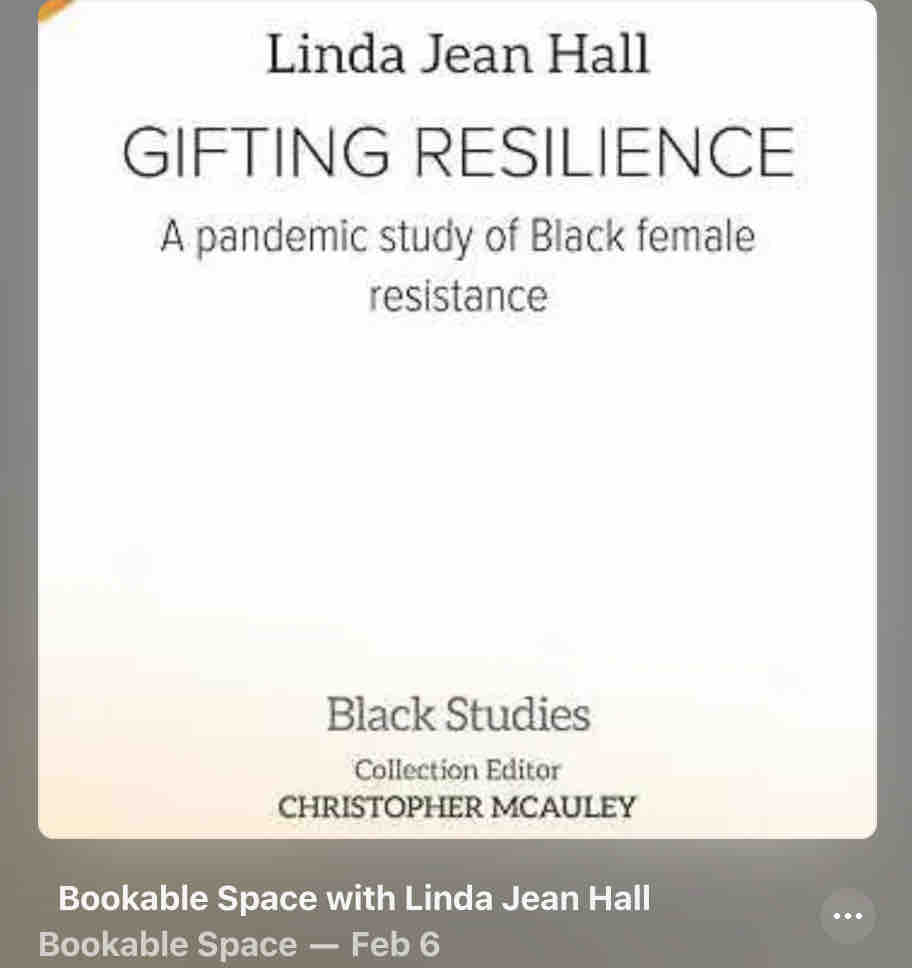Home
Welcome To The New Nneka Publications Website

Dr. Linda Jean Hall, founder of Nneka Publications is a lecturer and celebrated author who has held appointments at the University of California Los Angeles, the University of California Riverside, and California Polytechnic University Pomona. Her current investigations span topics related to Science and Technology Studies and the immigration experiences of populations of Latin American and Afro descendants.
Nneka Publications is dedicated to providing an Internet presence, mentoring services supporting the graduate school admissions process, and publication guidance for developing Social Science researchers.
We specialize in mentoring students who have already graduated from an undergraduate or masters graduate program who are interesting in considering graduate school admission to earn a masters or doctorate. You don’t have to make the big personal and financial decisions alone!
The Nneka Publishing mentoring program application and the information you need to apply are available at this Mentoring Application Download URL
Nneka Publications’ website is a virtual source of educational support and an active forum for the interchange of information amongst community-oriented undergraduate, graduate and postgraduate scholars.
Recent Interview: Seton Hall University
Dr. Linda Jean Hall with Seton Hall Professor Darrell W. Gunter podcast about her latest book Gifting Resilience, released by Lived Places Publishing. The interview explores the complexity of belonging and the resilience that defines the Afro American experience.
[This interview is also available as an Apple podcast]
Recent Interview: Cambridge University
Dr. Linda Jean Hall with Cambridge University Director for Creative writing Dr. Yvonne Battle-Felton podcast about her latest book Gifting Resilience, released by Lived Places Publishing. Through reflections on her own life, anthropologist Dr Linda Jean Hall draws on traditions of African storytelling to explore the question of how systemic fear affects the twentieth- and twenty-first-century Afro American experience. By using the framing of pandemic waves – a concept all too familiar in the wake of COVID-19.




